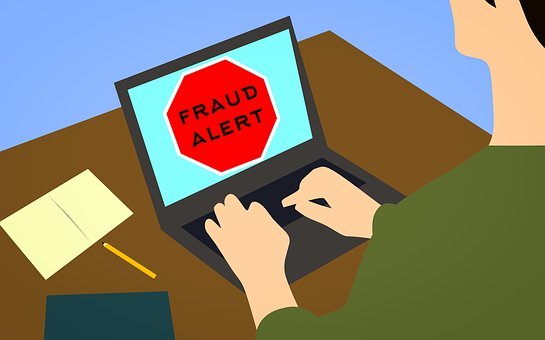Posted: Monday, 18 November 2019 @ 15:03
 Some of my work involves dealing with allegations of will forgery.
Some of my work involves dealing with allegations of will forgery.
It is important that if you are to make an allegation of fraudulent conduct in the execution/lead up time to the signing of a will you have very good evidence.
In such cases you or the opposing lawyer will instruct a handwriting expert to consider this issue further.
Some of the relevant law is succinctly considered below.
As the authors of
Probate Disputes and Remedies (Dawn
Goodman 2014 ) observe
“Generally, forgery is hard to prove. Handwriting experts rarely give a
conclusive answer and one must prove the attesting witnesses were involved in
the forgery….Because it is such a serious allegation, there is a considerable
cost risk in alleging it(see Re Barton 1977 CLY 3182 in which the widow was
only awarded costs to a certain point as allegations of forgery were almost
incredible thereafter.) “
Beyond the above there are cases where,
despite fairly strong confirmation from handwriting experts that there is “very
positive evidence” of forgery, the Courts have still not found forgery such as
in Fuller v Strum [2002] 1 WLR 1097
although later subject to appeal the trial Judges preference for the evidence
of the lay witnesses over that of the handwriting expert was not overturned.
It is for these reasons I would need some pretty good evidence to make an allegation of forgery and as a defender in litigation I would need something pretty strong to persuade me that forgery has taken place and the will should be overturned.